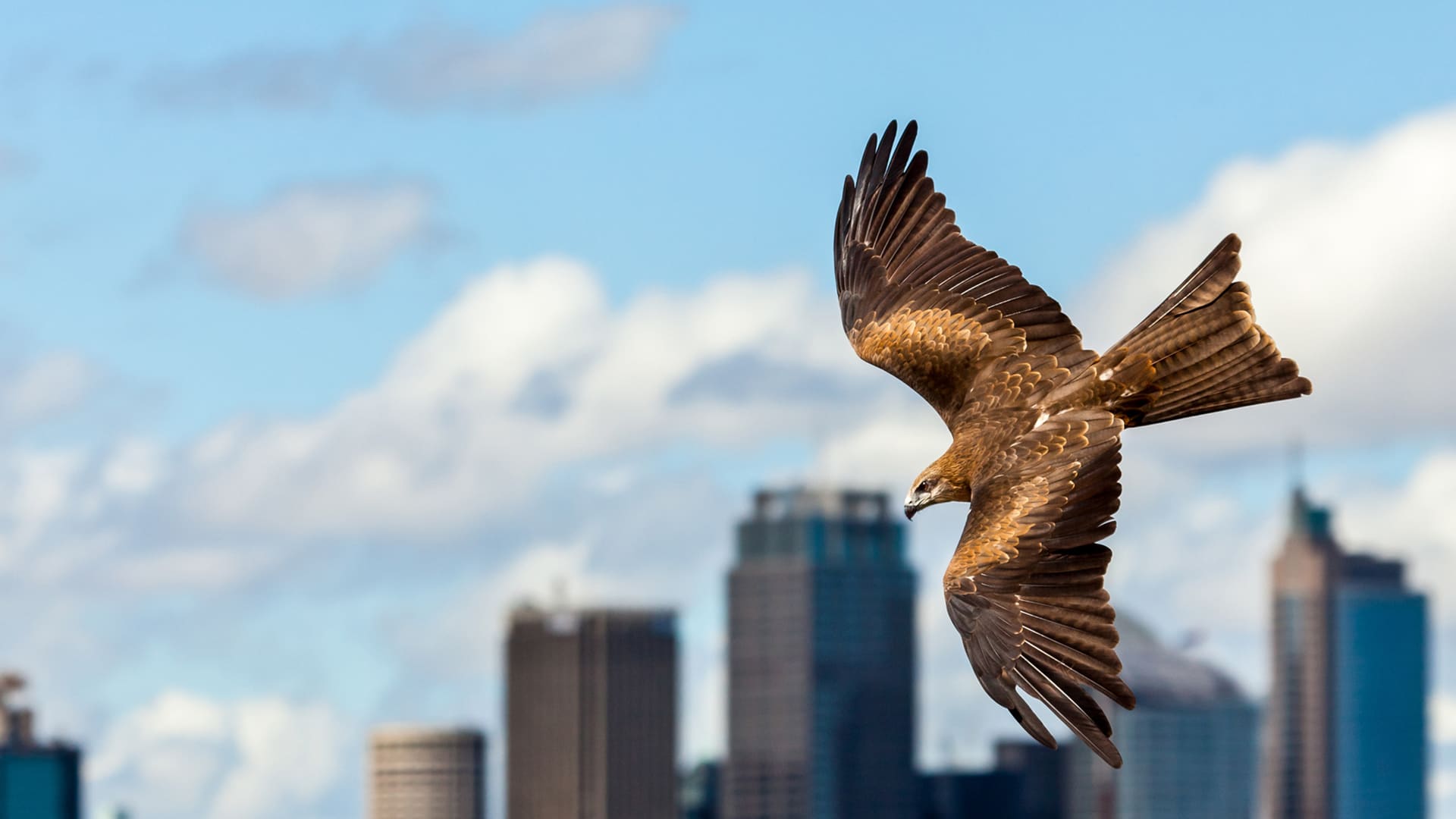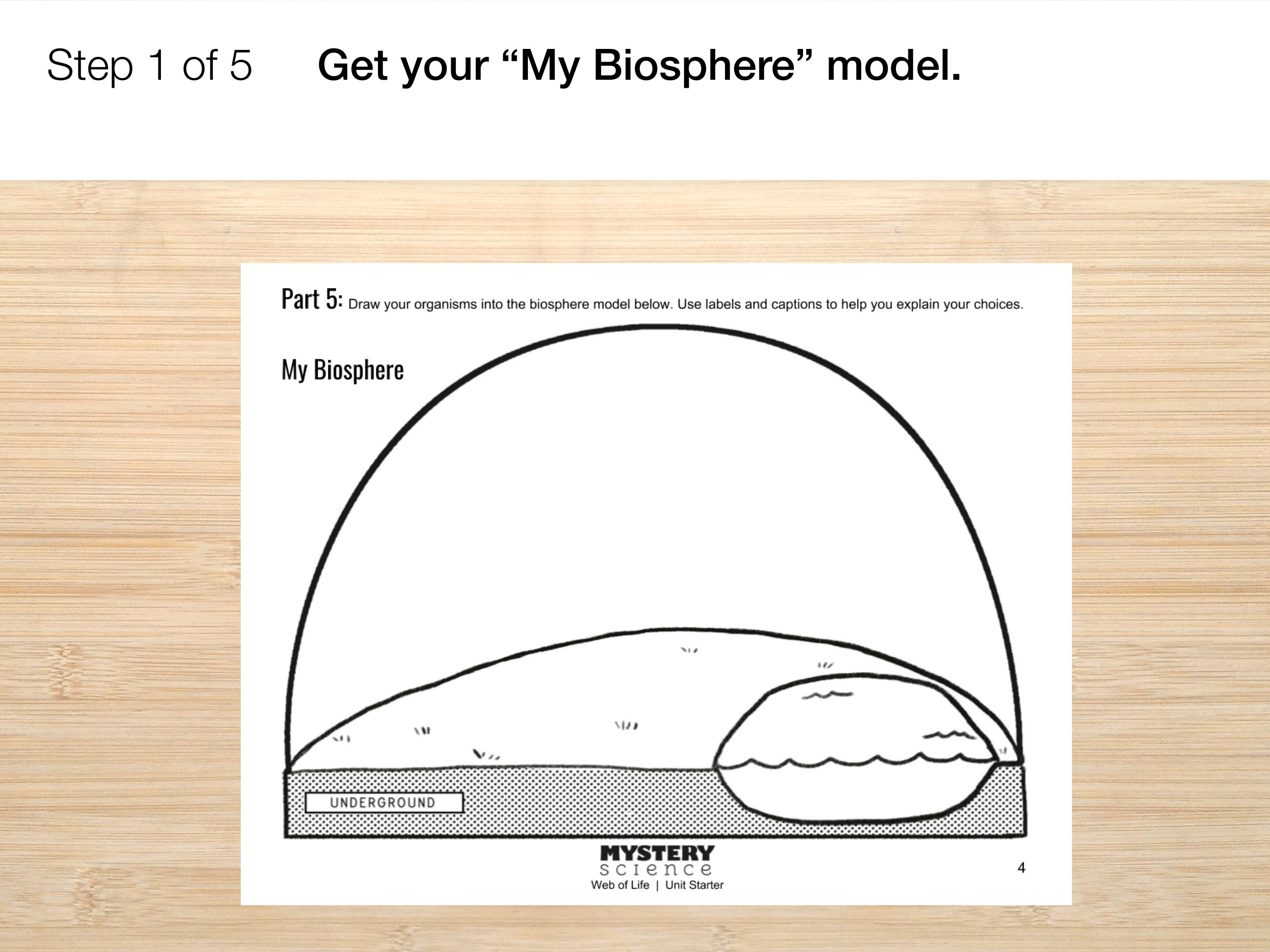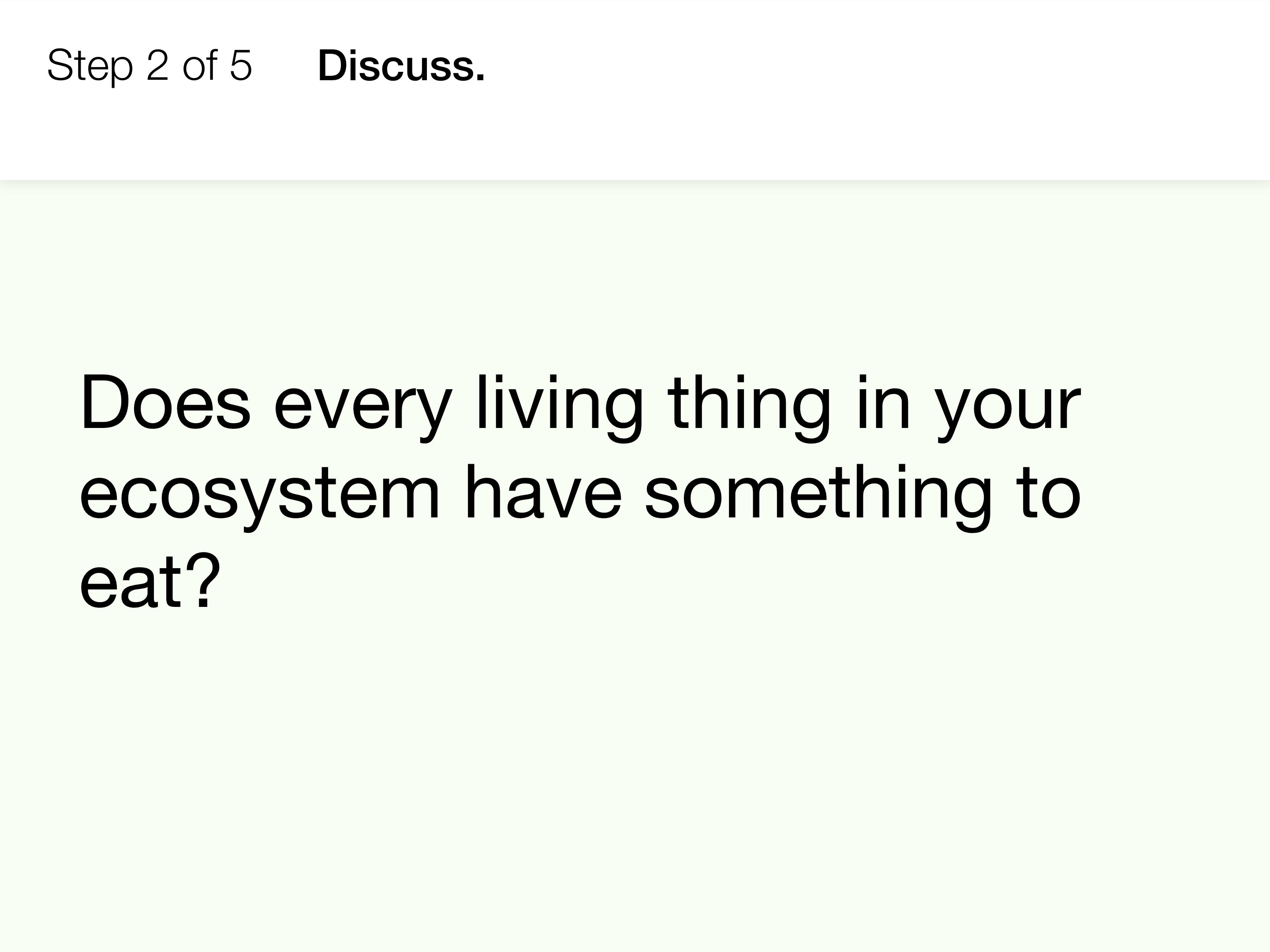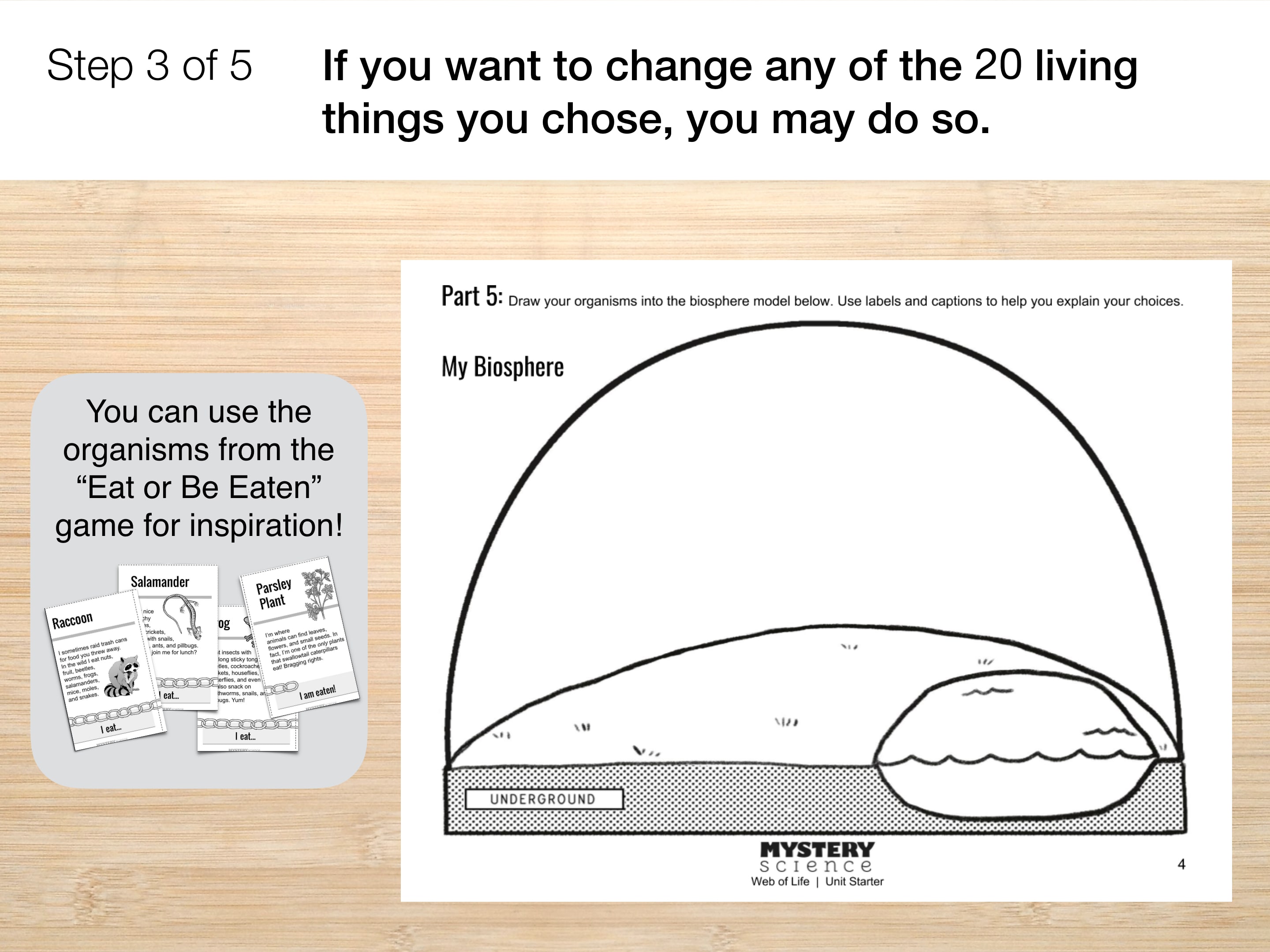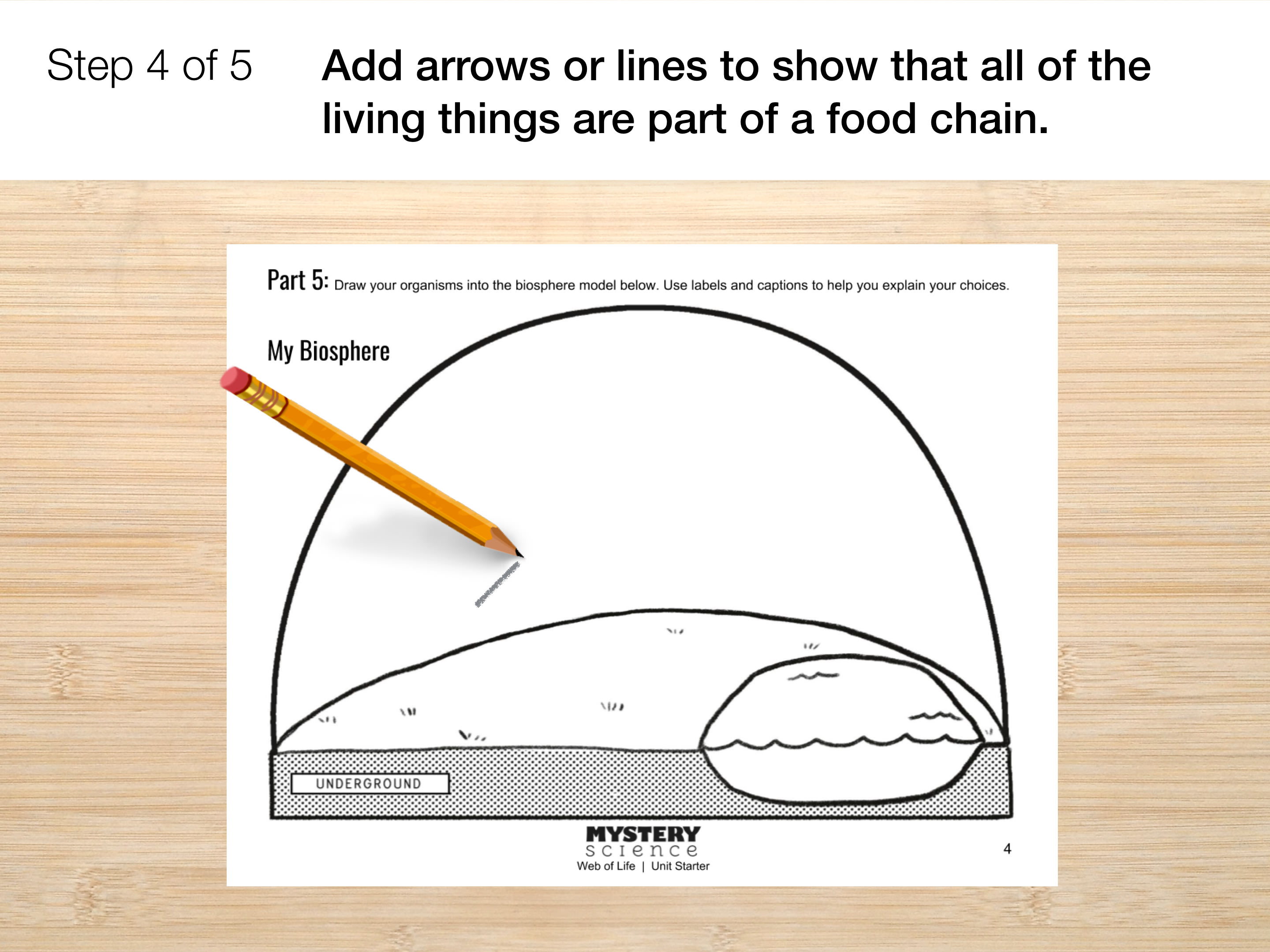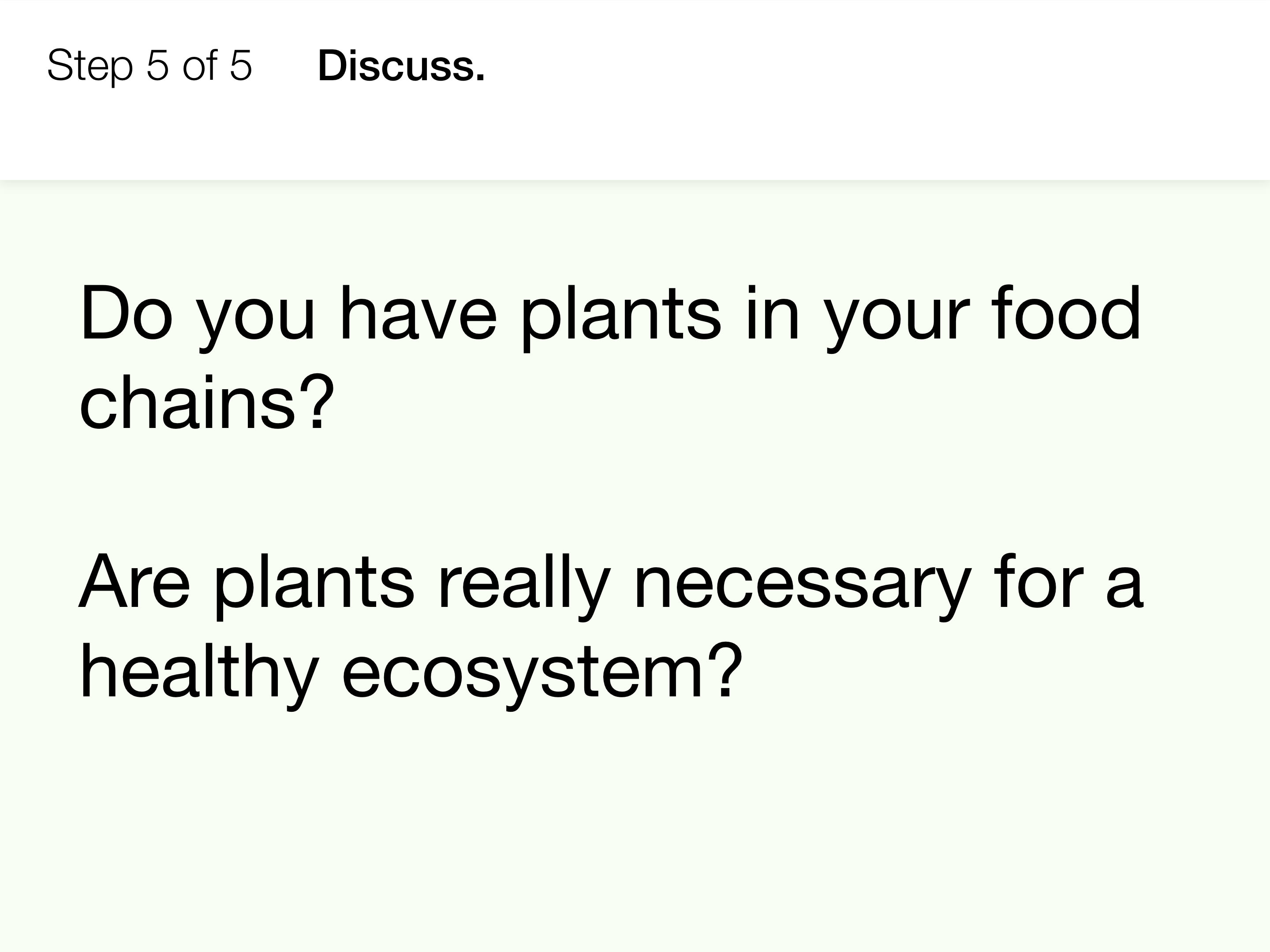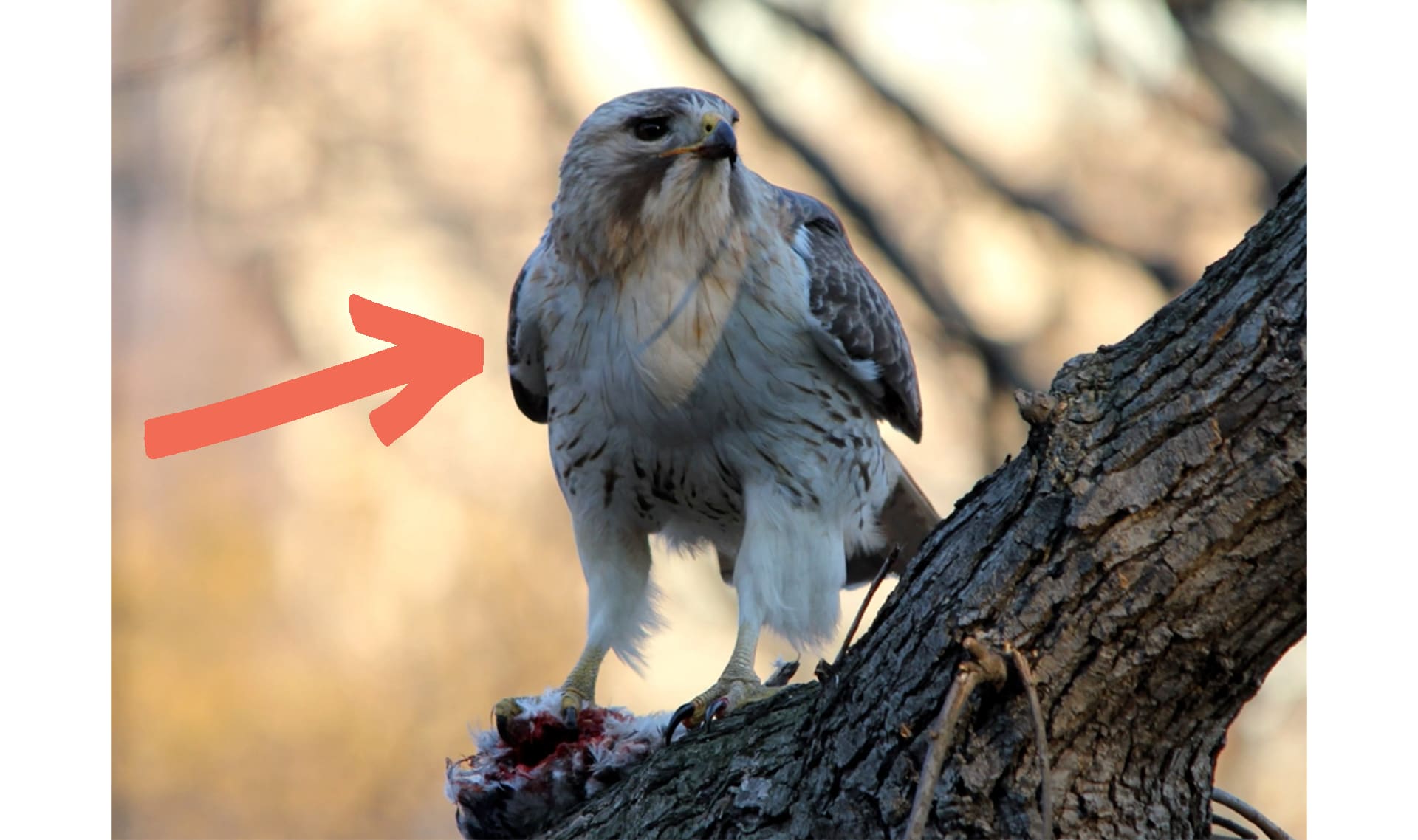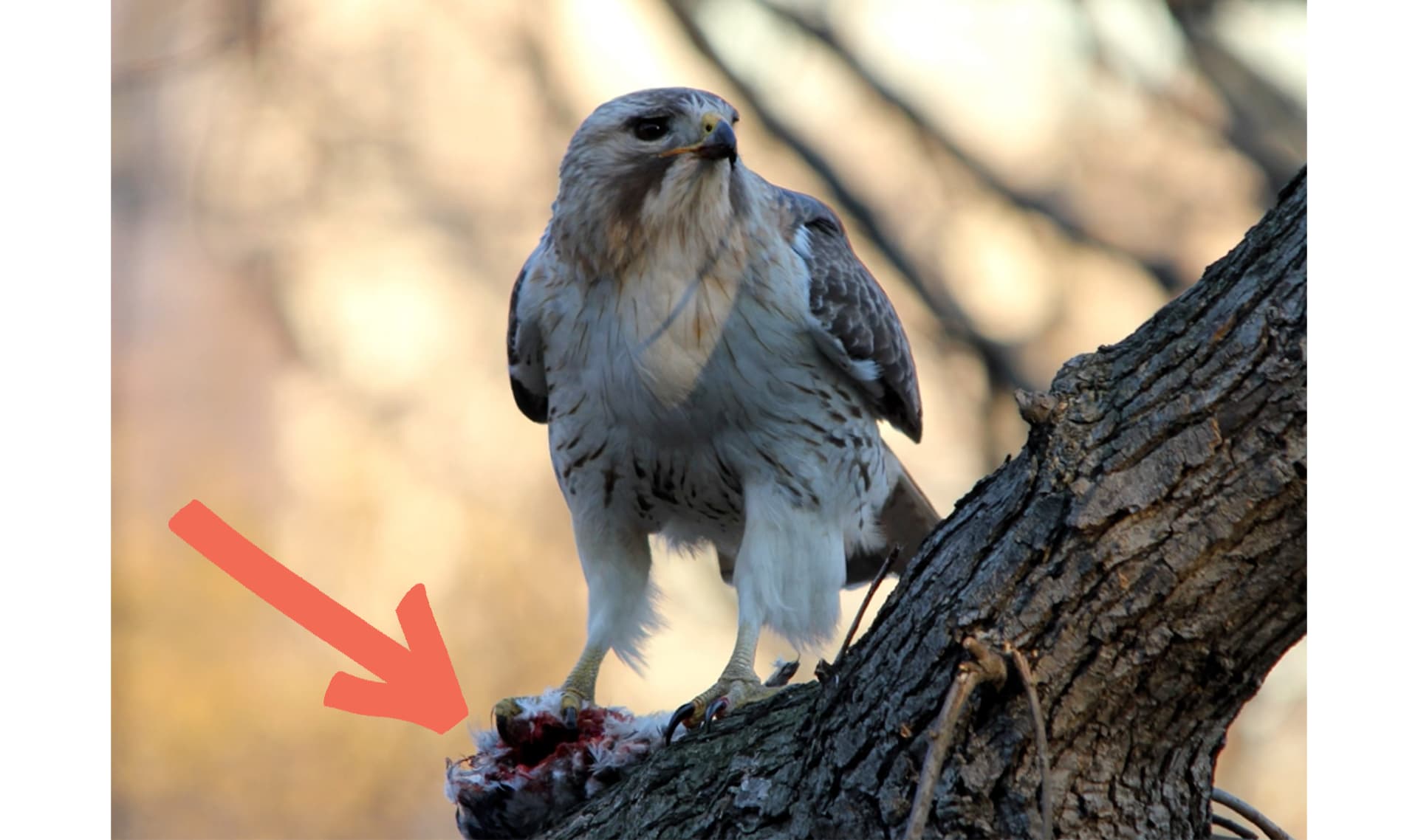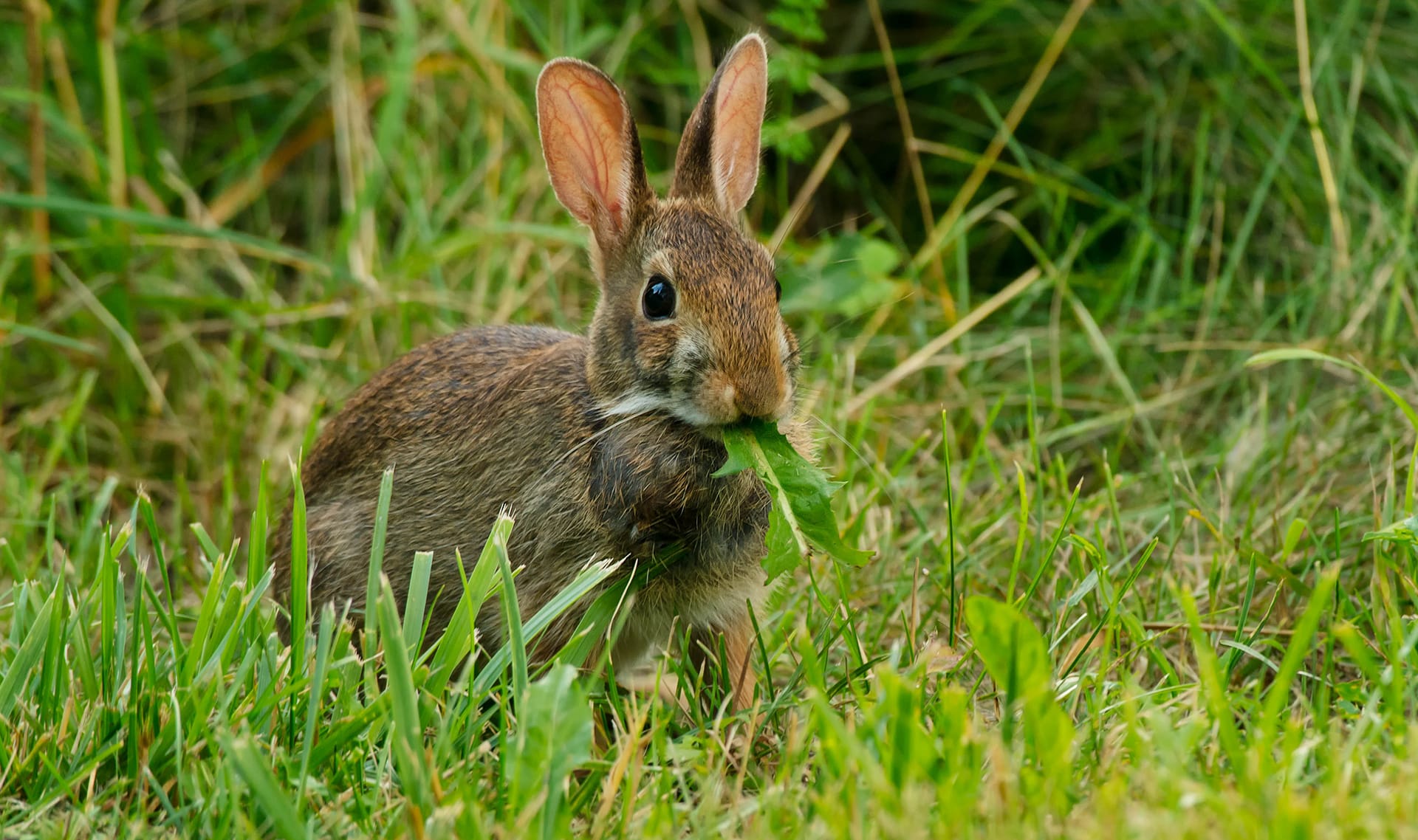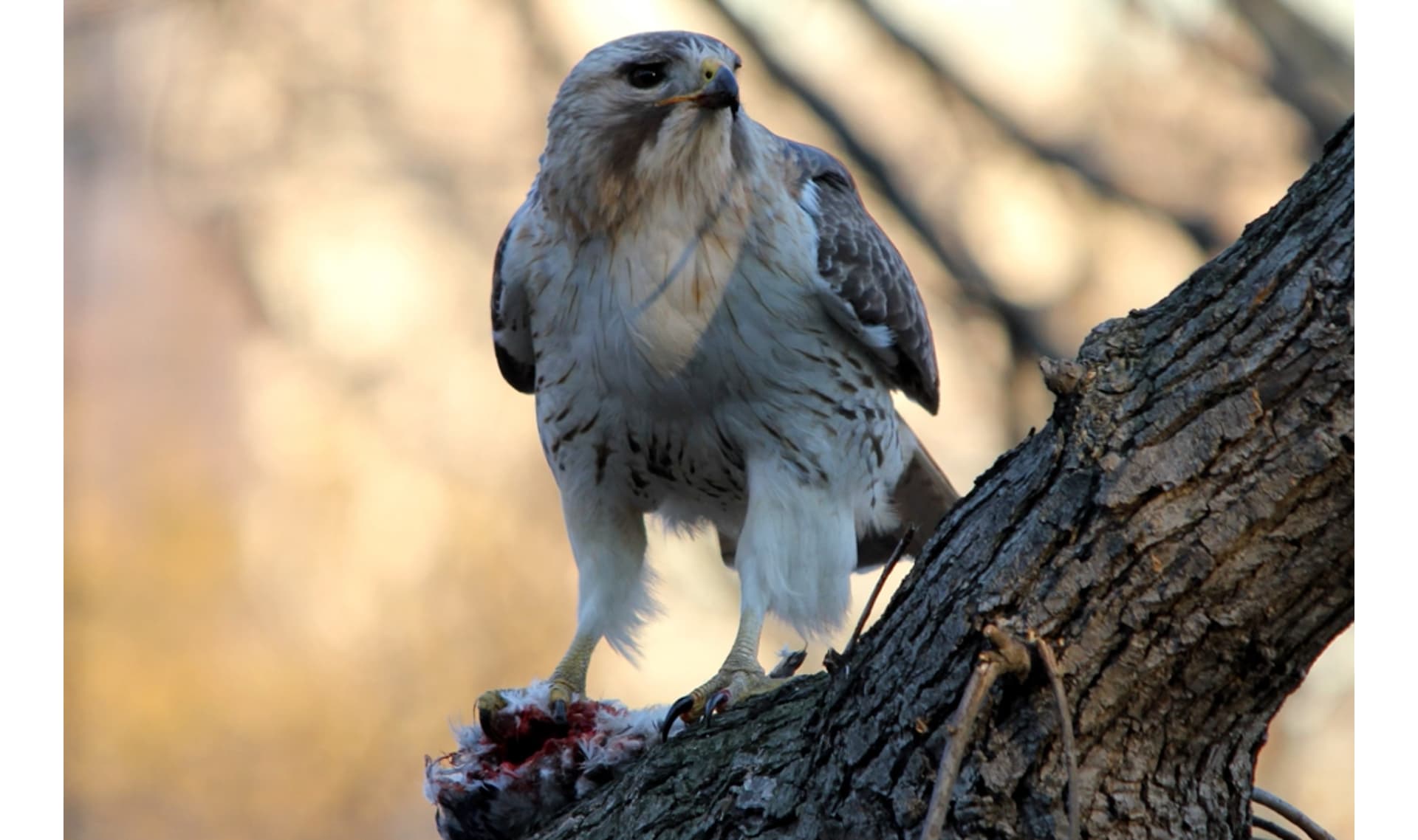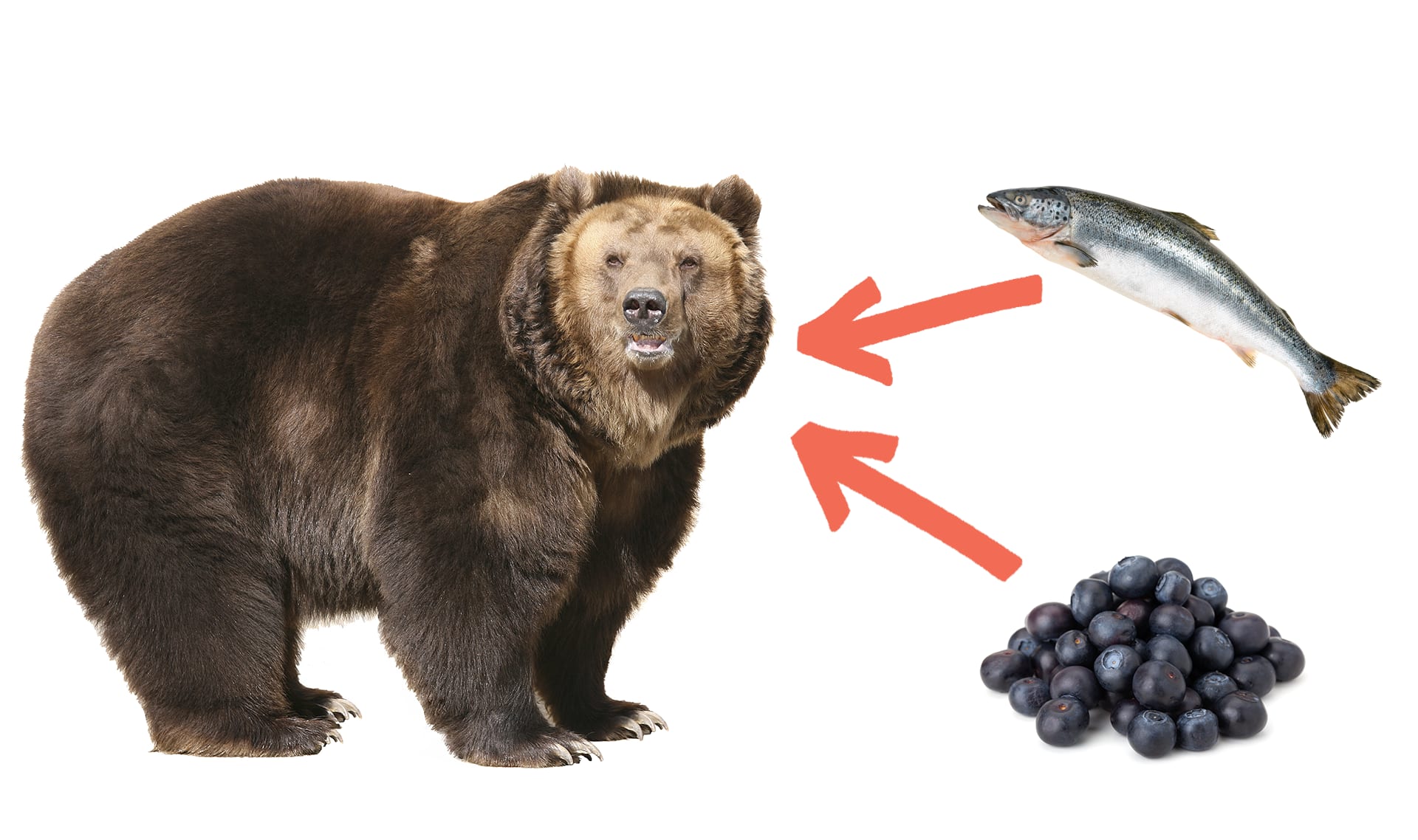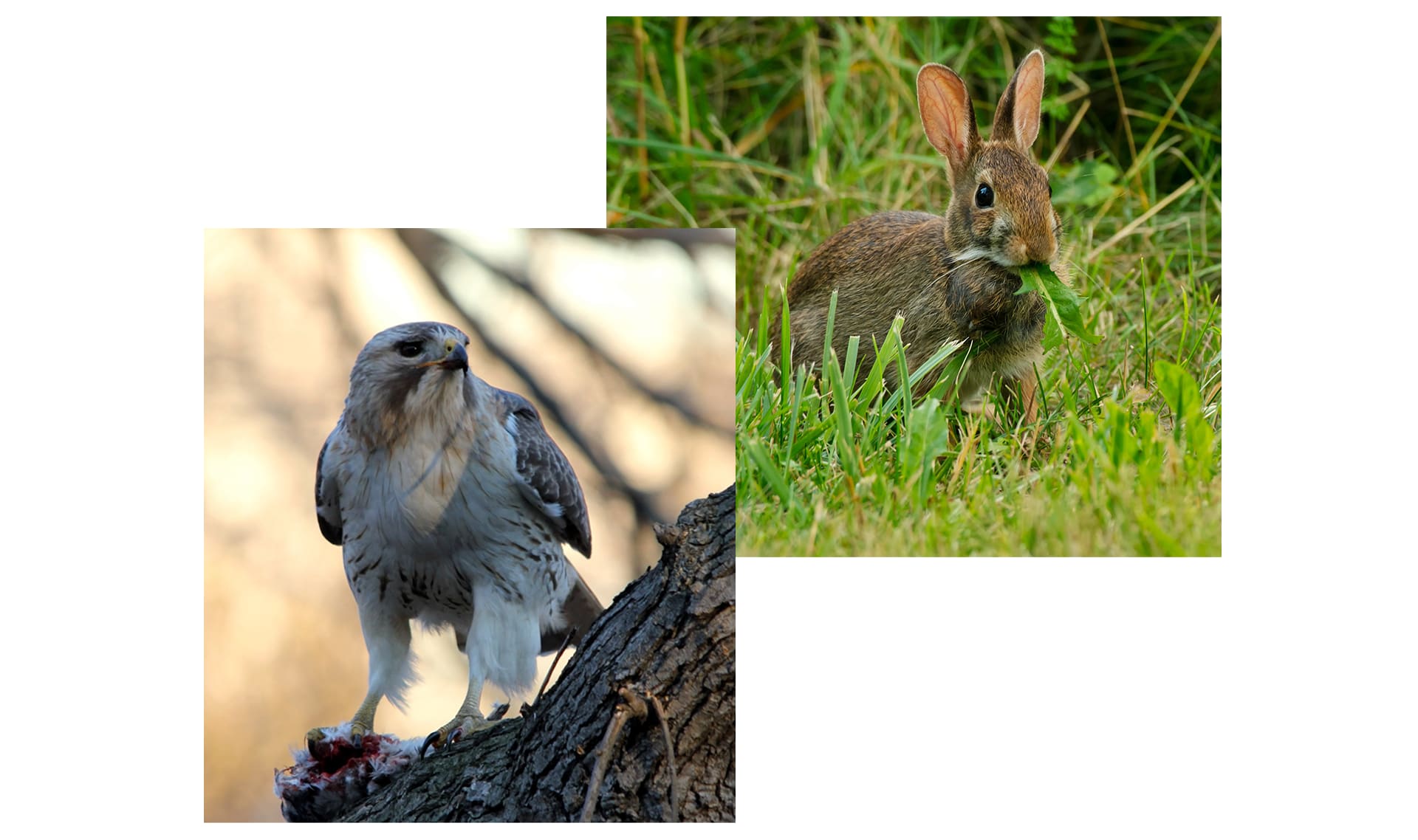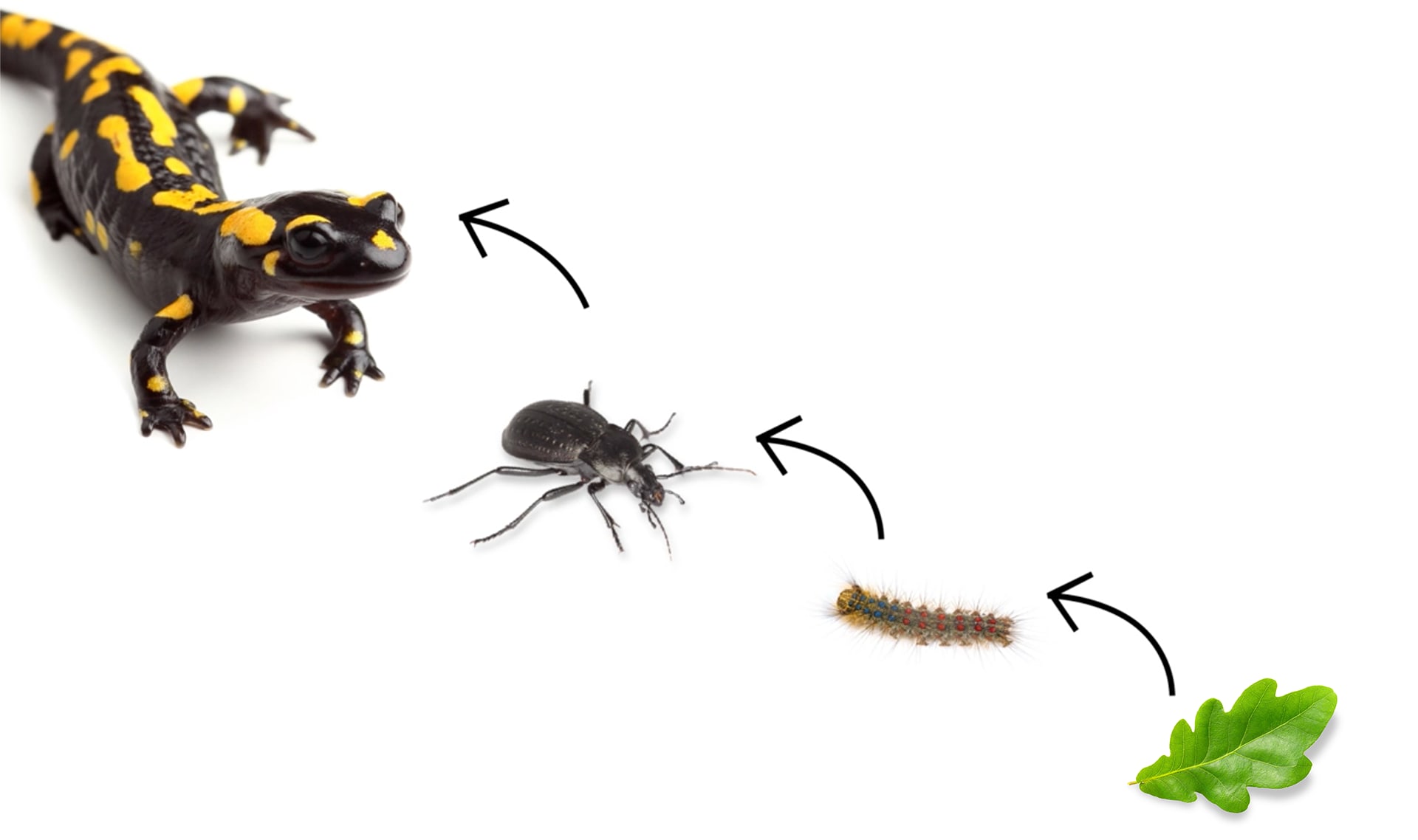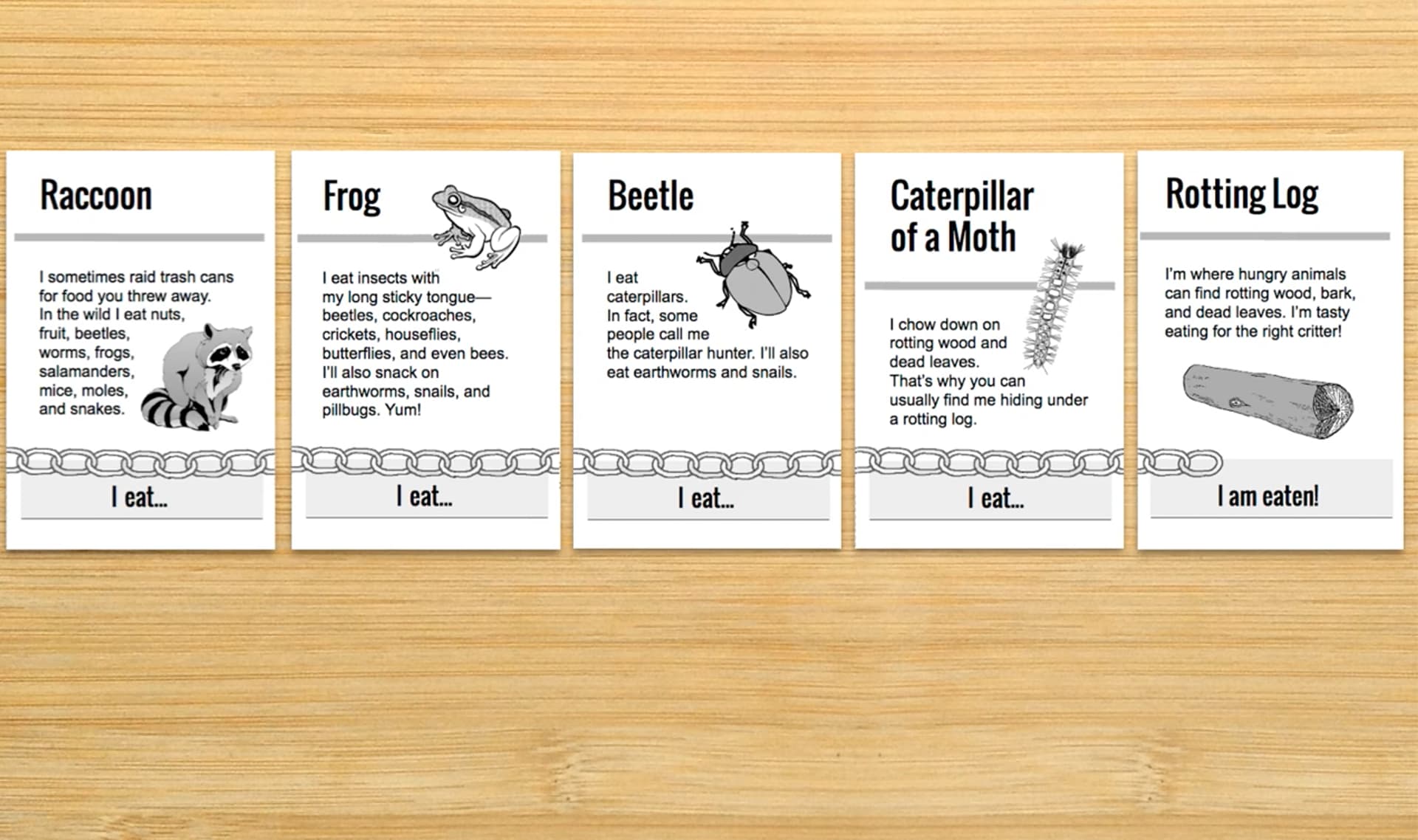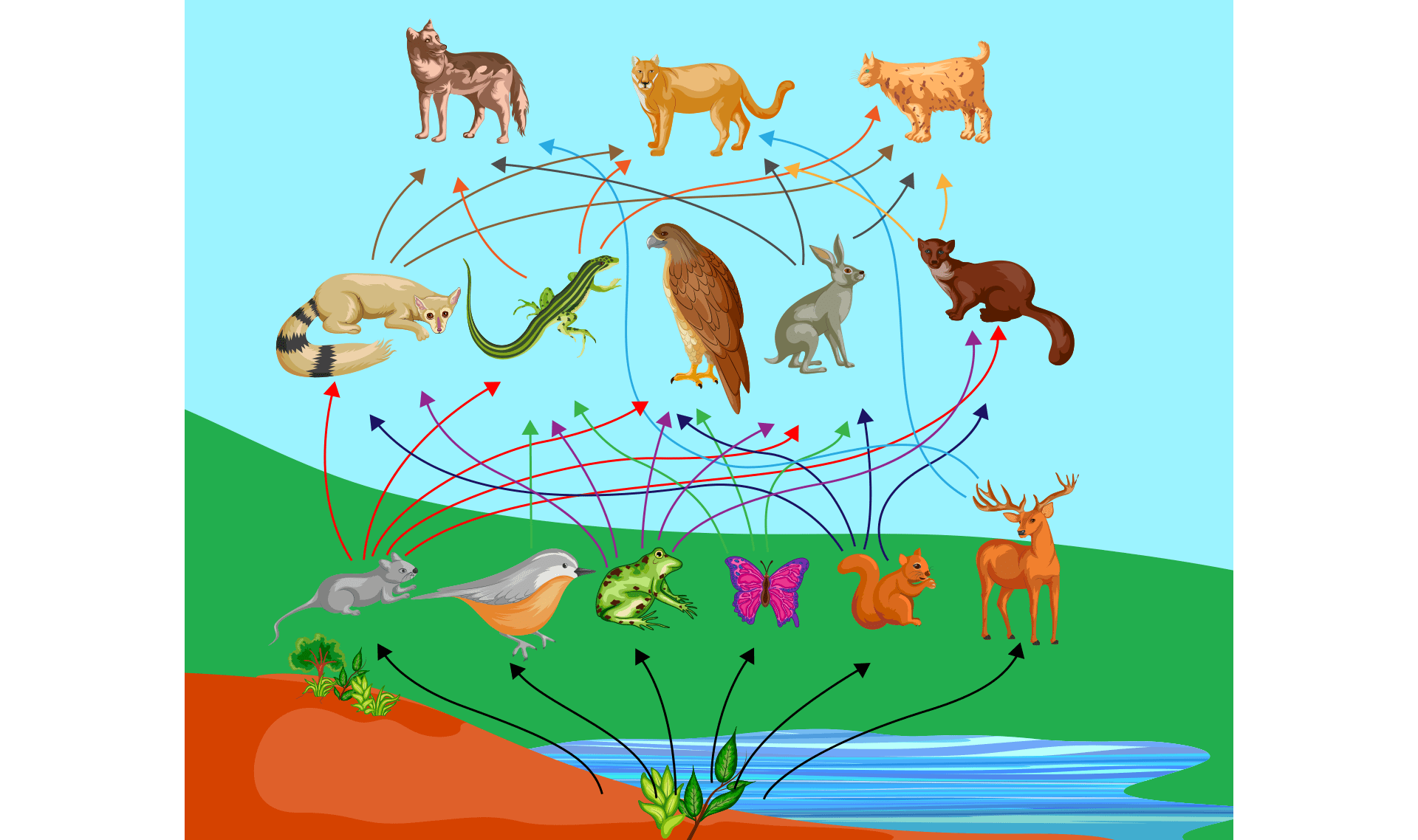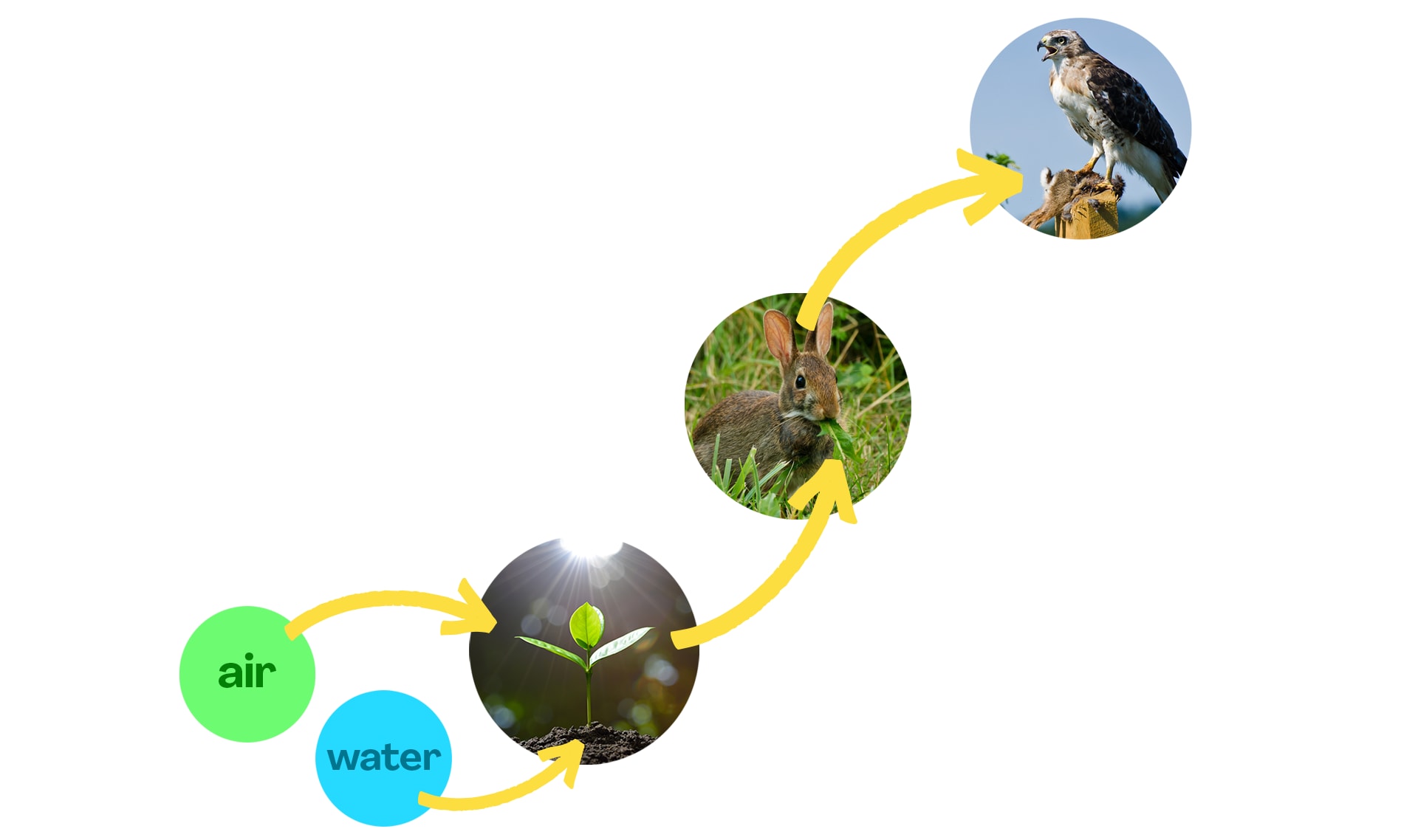Mystery Science respects the intellectual property rights of the owners of visual assets.
We make every effort to use images and videos under appropriate licenses from the owner or by
reaching out to the owner to get explicit permission. If you are the owner of a visual and
believe we are using it without permission, please
contact us—we will reply promptly and make
things right.
Exploration
Park Shanghai by
Iakov Kalinin
iridescent pigeons by
Denis Omelchenko
pigeons city landscape by
Maglara
pigeons flying city by
F. Alzheimers
, used under CC BY
spooked pigeons by
F. Alzheimers
, used under CC BY
blue sky by
Elliot Brown
, used under CC BY-SA
red tailed hawk soaring by
Ferris Akel
pigeons eating crumbs by
Victoria Zinchenko
old man pigeons by
Garry Knight
, used under CC BY-SA
pigeon in hand by
schankz
Pigeons in Tarnów by
Aktron
, used under CC BY-SA
hawk in motion by
Phoo Chan
hawk in the city by
Gavin Nevill
hawk perched/hunting by
jeremy Seto
, used under CC BY-SA
hawk cliffs by
Jodie Wilson
, used under CC BY-SA
hawk superimposed over skyscraper by
TheBrockenInaGlory
, used under CC BY-SA
skyscraper by
Andreas Øverland
, used under CC BY-SA
pigeon skyline by
Zero One
, used under CC BY-SA
hawk pouncing city by
EarnestTse
pigeon walking by
petrovichlili
light tan squirrel by
DesignFife
, used under Public Domain
squirrel by
Eric Isselee
black cat by
Ermolaev Alexander
nuts by
Dionisvera
chain links by
ClkerFreeVectorImages
, used under Public Domain
red house by
U.S. Fish and Wildlife Service
, used under Public Domain
flipping over log by
Hidden Villa's Science and Nature Video Series
city view of hill by
Kevin Wong
, used under CC BY-SA
caterpillar mini by
Unsplash
, used under Public Domain
lights-bugs by
Leonid Eremeychuk
brick + butterfly by
Leonora Enking
, used under CC BY-SA
salamander by
breki74
, used under CC BY-SA
salamander crawling by
BrunoExplorations
, used under CC BY
salamander crawling by
PaddyDillon777
, used under CC BY
salamander by
Vitalii Hulai
beetle by
Henrik Larsson
caterpillar by
Didier Descouens
, used under CC BY-SA
log by
ScarletKelley
nest of blue eggs by
Unsplash
, used under Public Domain
rabbit by
PublicDomainPictures
, used under Public Domain
arizona/desert house by
jessicakirsh
cityscape by
Yoshikazu TAKADA
, used under CC BY-SA
countryside by
MaxyM
suburbs by
Lindasj22
Activity
pigeons by
cybervelvet
crow sketch by
MaKars
dead leaves by
abramsdesign
fence lizard by
Neil Lockhart
jumping spider by
hin255
mouse sketch by
chronicler
pigeon sketch by
MaKars
spider by
Potapov Alexander
cat sketch by
onot
clover sketch by
Val_Iva
cricket sketch by
United States Department of Agriculture
, used under Public Domain
lunch leftovers by
Aleks Melnik
opossum by
Apostrophe
snail sketch by
onot
sparrow sketch by
Teagan White
swallowtail butterfly sketch by
Essentials
ant sketch by
Tropinina Olga
daddy long legs sketch by
Pearson Scott Foresman
flower garden sketch by
Gulnara Khadeeva
gopher by
Lenny712
hawk sketch by
Kerris Paul, U.S. Fish and Wildlife Service
, used under Public Domain
mole by
Pearson Scott Foresman / papapishu
, used under Public Domain
oak tree sketch by
marijaka
beetle sketch by
ClkerFreeVectorImages
, used under Public Domain
cockroach sketch by
evgdemidova
frog by
frankes
, used under Public Domain
parlsey plant by
warszawianka
robin by
palform
rotting log sketch by
ClkerFreeVectorImages
, used under Public Domain
salamander by
U.S. Fish and Wildlife Service
, used under Public Domain
caterpillar by
Kirsanov Valeriy Vladimirovich
earthworm sketch by
Morphart Creation
garter snake sketch by
The Popular Science Monthly
, used under Public Domain
grass sketch by
onot
honeybee by
panki
pillbug sketch by
Eric Isselee
squirrel sketch by
diana pryadieva
vegetable garden by
dedMazay
Other
Unit: red-tailed hawk by
Robert L Kothenbeutel
